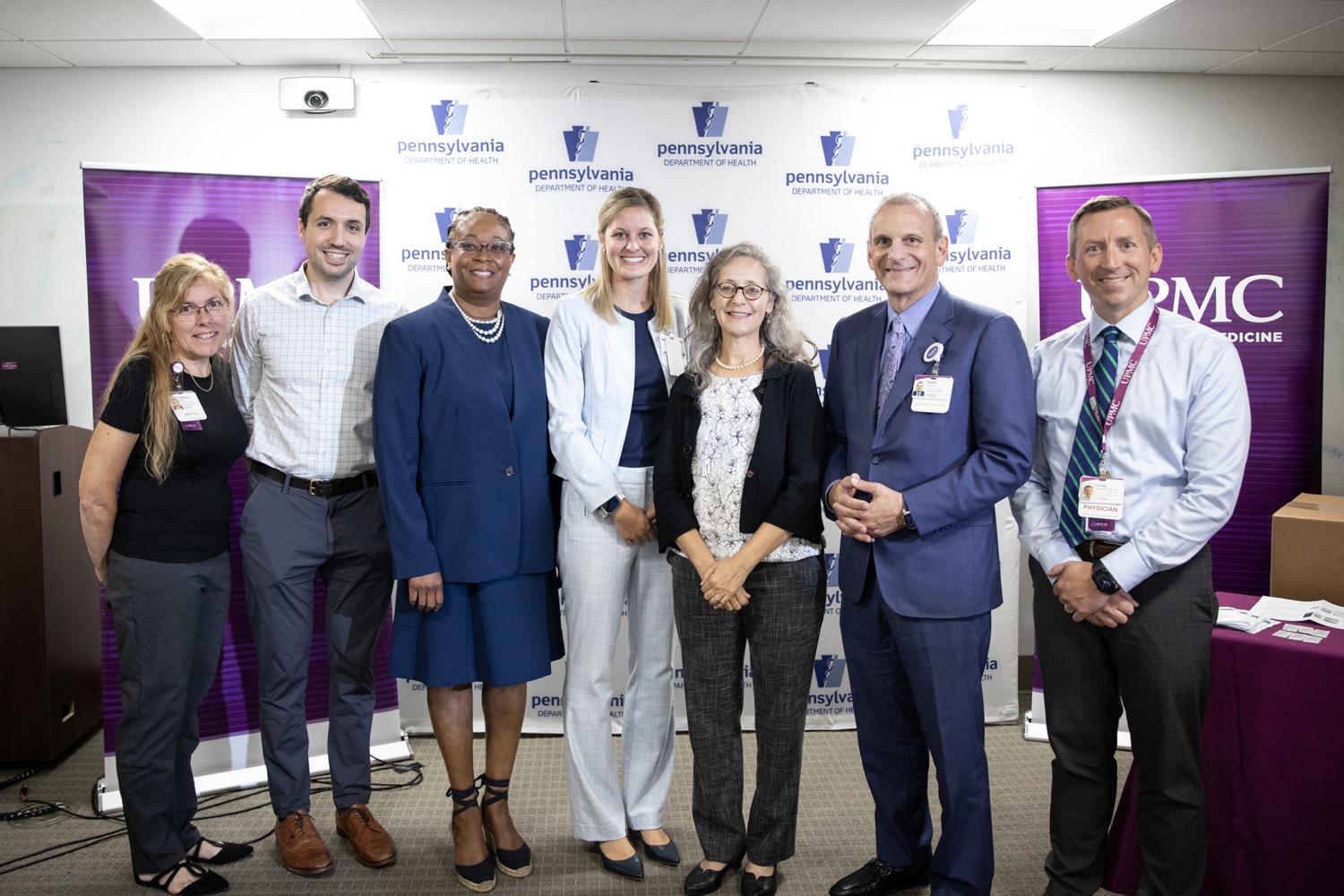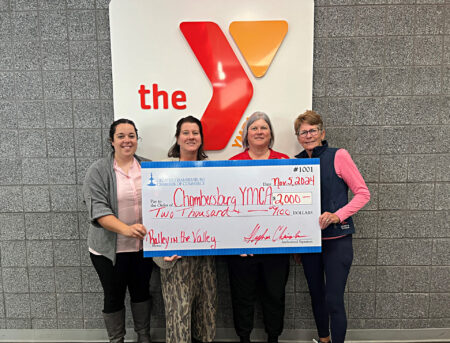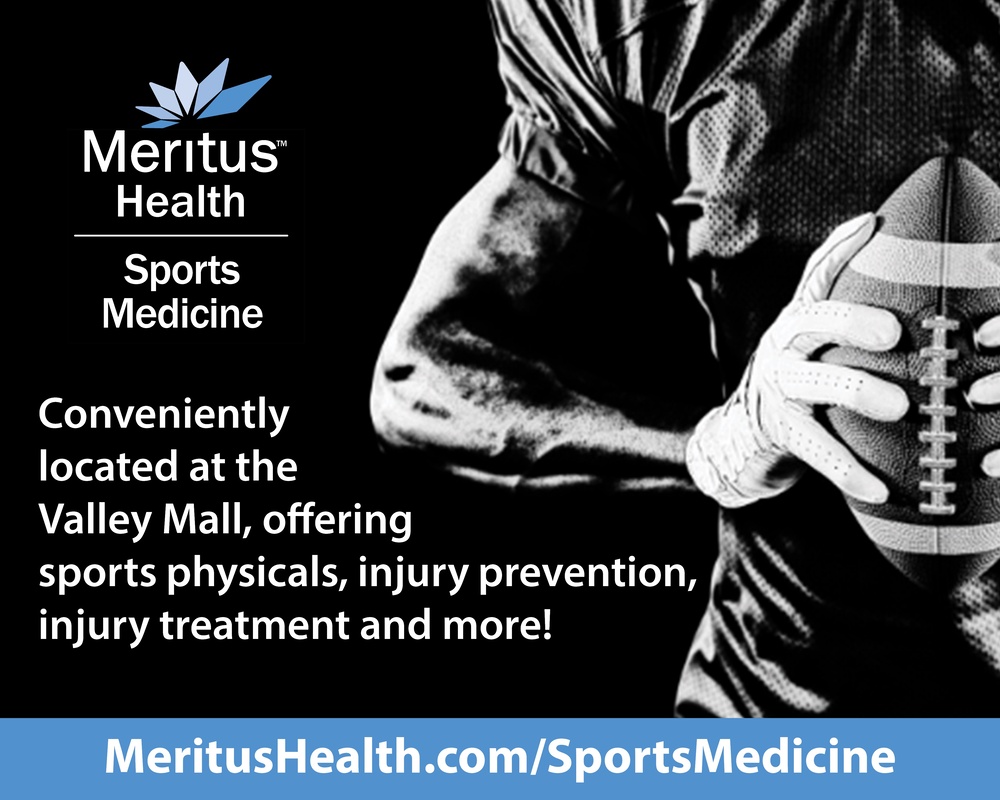HARRISBURG — A new Pennsylvania initiative to help those suffering serious wounds from abuse of the drug xylazine has been announced by Department of Health Secretary Dr. Debra Bogen.
This drug, which accounted for no drug deaths in Pennsylvania in 2017, contributed to overdose deaths in at least 51 counties across the Commonwealth in 2023, preliminary data showed. And based on figures collected by the state, Pennsylvania saw a 50 percent jump in the number of xylazine-related overdose deaths between 2022 and 2023.
Xylazine is a non-opiate sedative, analgesic, and muscle relaxant only authorized in the United
States for veterinary use, according to the U.S. Food and Drug Administration. It is being found in more frequency mixed with fentanyl, heroin, cocaine and other illicit drugs. Occasionally it is used by itself.
Bogen visited the Center for Addiction Recovery at the University of Pennsylvania Medical Center to announce that the 50,000 xylazine wound care kits would be provided at more than 200 medical facilities.
The problem is that xylazine can cause serious health problems, including severe skin lesions and wounds that can be difficult to treat. Such wounds can spread quickly, going as deep as the bone and leading to the need for skin grafts and even the amputation of hands, feet or limbs.
“Xylazine’s emergence in Pennsylvania’s illicit drug supply is a major public health concern,” Bogen said. “Because the wounds caused by xylazine are more complicated and severe than those traditionally seen in people who use other drugs, there is a need for quick action, new medical protocols and access to appropriate self-care wound supplies.”
The kits, which were assembled by health department staff, have been distributed to more than 200 medical and harm reduction organizations across the Commonwealth, making them available to Pennsylvanians who need them.
To increase access to the public, the kits will be available at many locations, from treatment locations like the Center for Addiction Recovery, to health mitigation vending machines like the one at UPMC Harrisburg Hospital through a joint venture between UPMC and the Penn State College of Medicine, and through online and phone-in programs.
“Patients with addiction-associated wounds often need to seek care at multiple locations,” said Adam Barnathan, DO, Center for Addiction Recovery at UPMC in Central Pennsylvania. “The Center for Addiction Recovery allows them to receive treatment for all their needs in the same location. Coming to the Center for wound treatment may help get patients in the door. Even if they aren’t ready to treat their addiction, they have a better understanding of the services that are available and receive education. Access to pre-packaged wound kits allows patients flexibility to manage their wounds, in collaboration with the Center.”
The Department’s wound care kits consist of products needed to properly clean, moisten and cover wounds to promote healing:
- For cleaning preparation: sanitizing wipes for hands, pairs of gloves and an under pad to create a clean wound cleaning area.
- For cleaning wounds: sterile water and woven gauze sponges.
- For moistening wounds: Vitamin A&D ointment, bacitracin ointment and non-adherent dressing pads.
- For covering wounds: Abdominal pads, gauze bandage rolls, band-aids of various sizes and medical tape.
More information about xylazine is available on the Department of Health’s website.






















